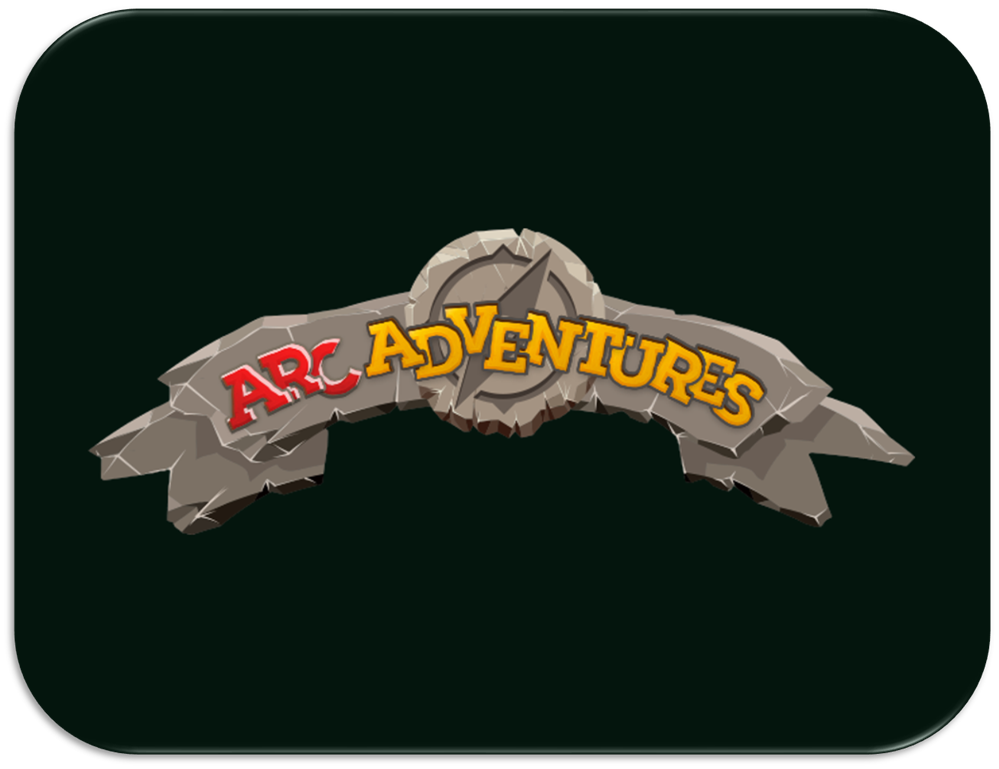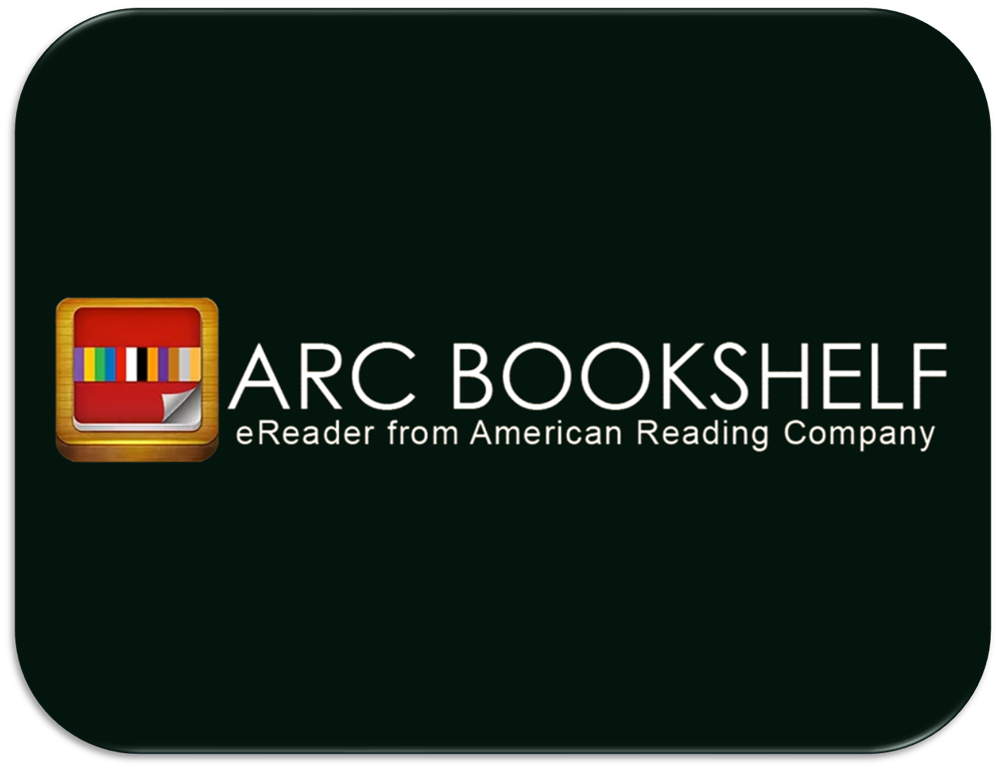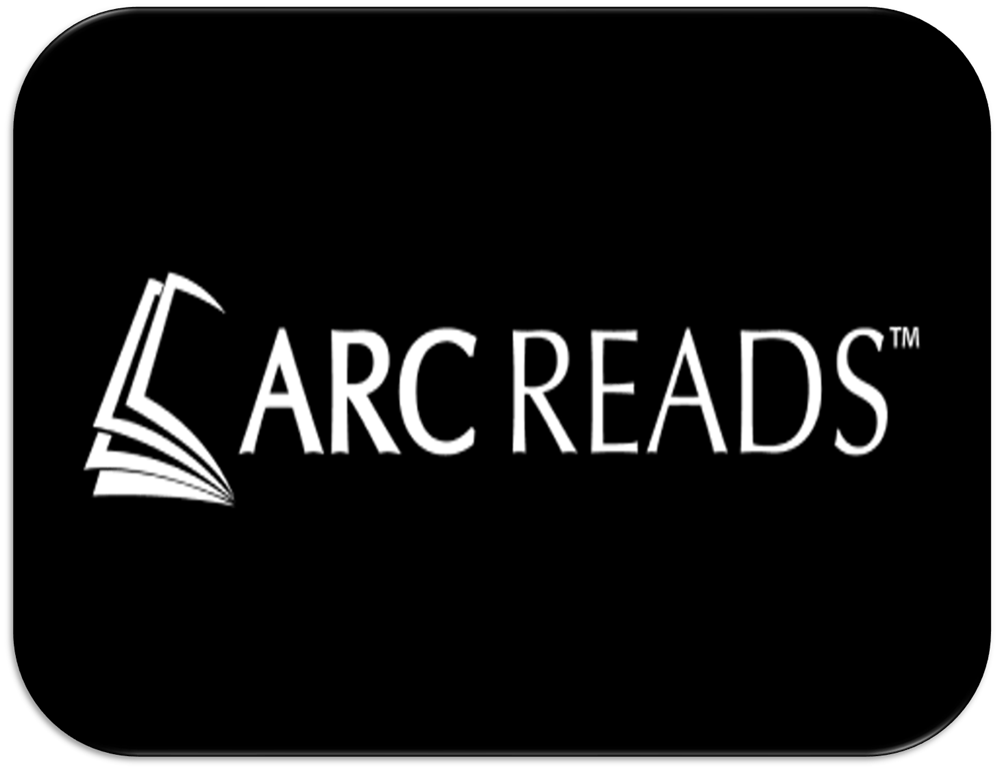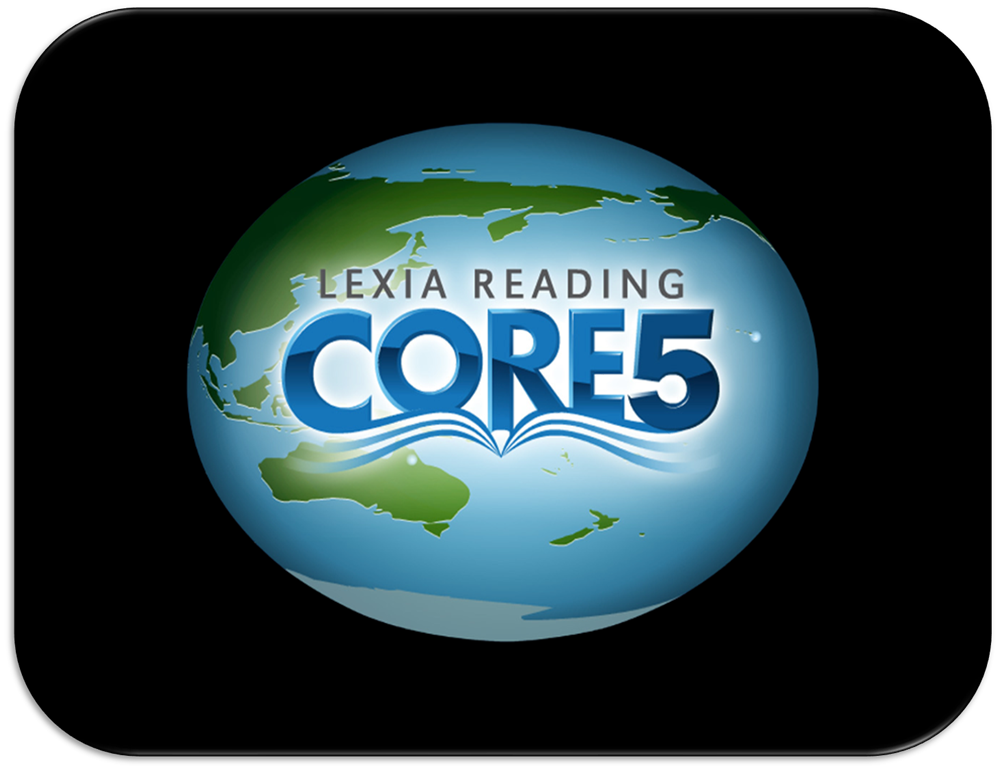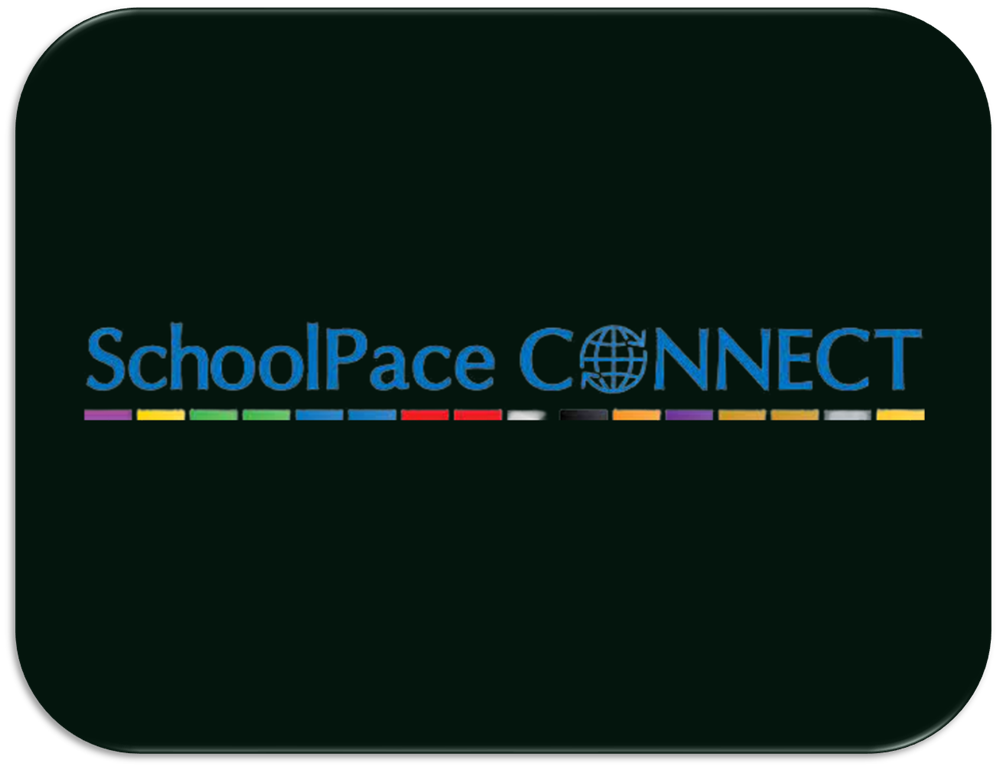- School District of Beloit
- 2nd Grade - Literacy & Language Arts
2nd Grade - Literacy & Language Arts
-
The School District of Beloit literacy curricula are highly rated and aligned to Wisconsin state English Language Arts standards. Our vision for literacy learning builds strong reading foundational skills and grade level understandings for all students through culturally relevant and responsive instructional practices, strategies and resources to meet each learner's language and literacy needs. Through rigorous and engaging instruction in the domains of reading, writing, speaking, listening, and thinking, we will develop students' language abilities so that they can analyze, interpret, summarize, and synthesize information from multiple sources and perspectives to make meaning of the complex world around them. By nurturing strong home, school and community literacy partnerships, the School District of Beloit’s literacy programs will nurture the joy of reading and a strong, lifelong literacy identity within each learner so that they may excel in their pursuit of college, career and community opportunities.
2nd Grade Literacy & Language Arts Units
-
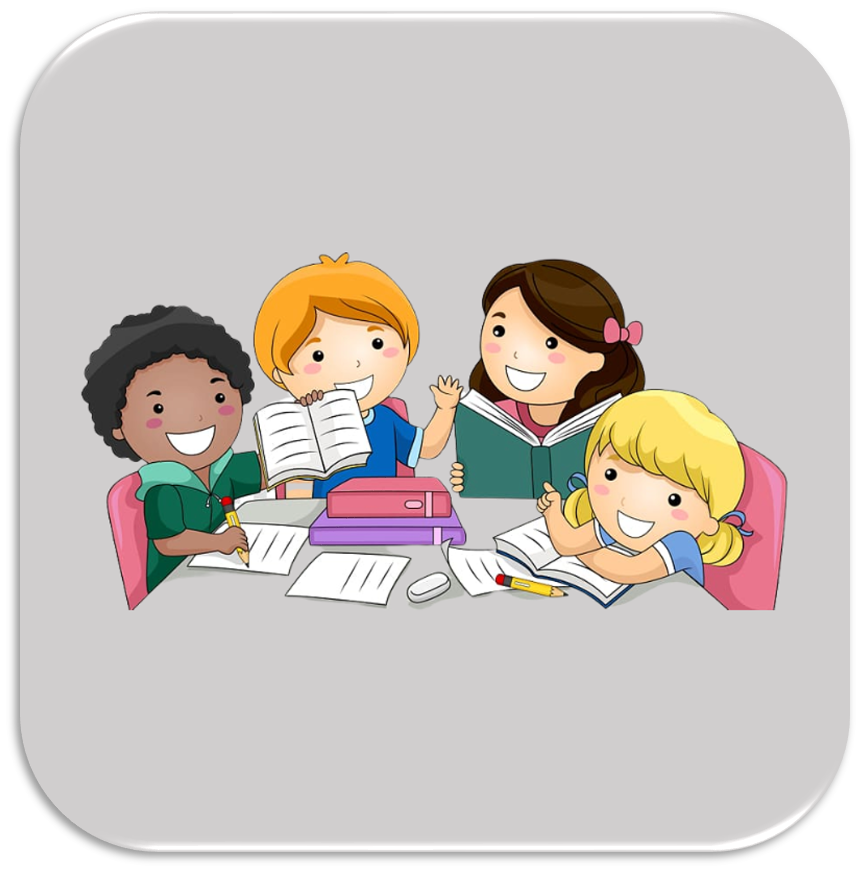
Building a Community of Avid Readers and Writers
Students will listen to and discuss dozens of above-level read-alouds. They will read and discuss at least two grade-level shared reading texts (one poetry and one narrative). Students will read at least 30-60 minutes a day from self selected texts. They will write every day for a variety of purposes and in a variety of modes as well as practice applying grade level standards to both reading and writing.
-
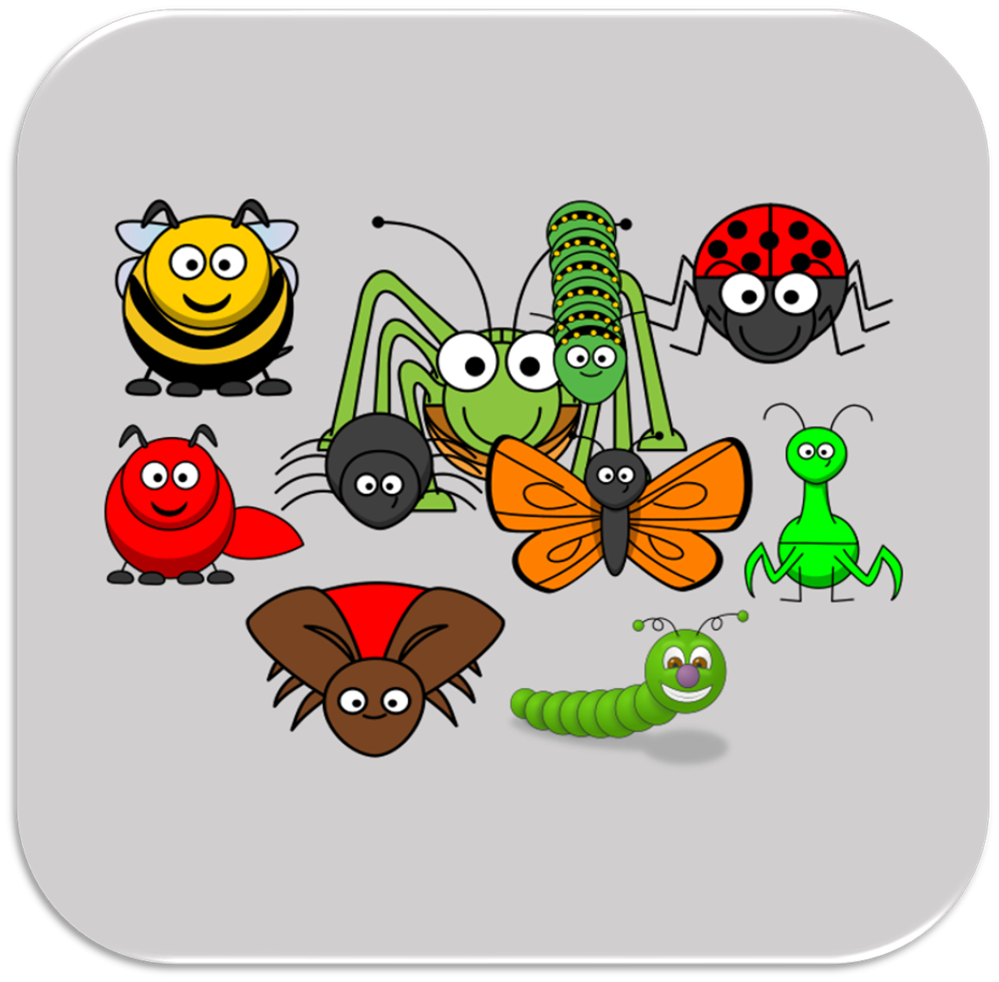
Informational Reading, Writing, and Research (Bugs and Their Ecosystem)
Unit 2 builds on the routines and engagement established in Unit 1 (ARC Literacy Lab) while adding a new layer: thematic inquiry into a Science topic. As the class dives into Bugs in Their Ecosystems, students will become an inquiry research community as they read, write, question, debate, and create knowledge together. As a class, they will read and discuss at least one full-length grade-level Informational Core Text as well as shorter pieces in a range of genres. Students will develop expertise in the unit’s Science content and related vocabulary and read at least 30-60 minutes a day from self-selected texts, including texts on the topic and general wide reading. They will Improve their constructed response/on-demand writing skills and publish a well-researched informational text for a meaningful audience.
-
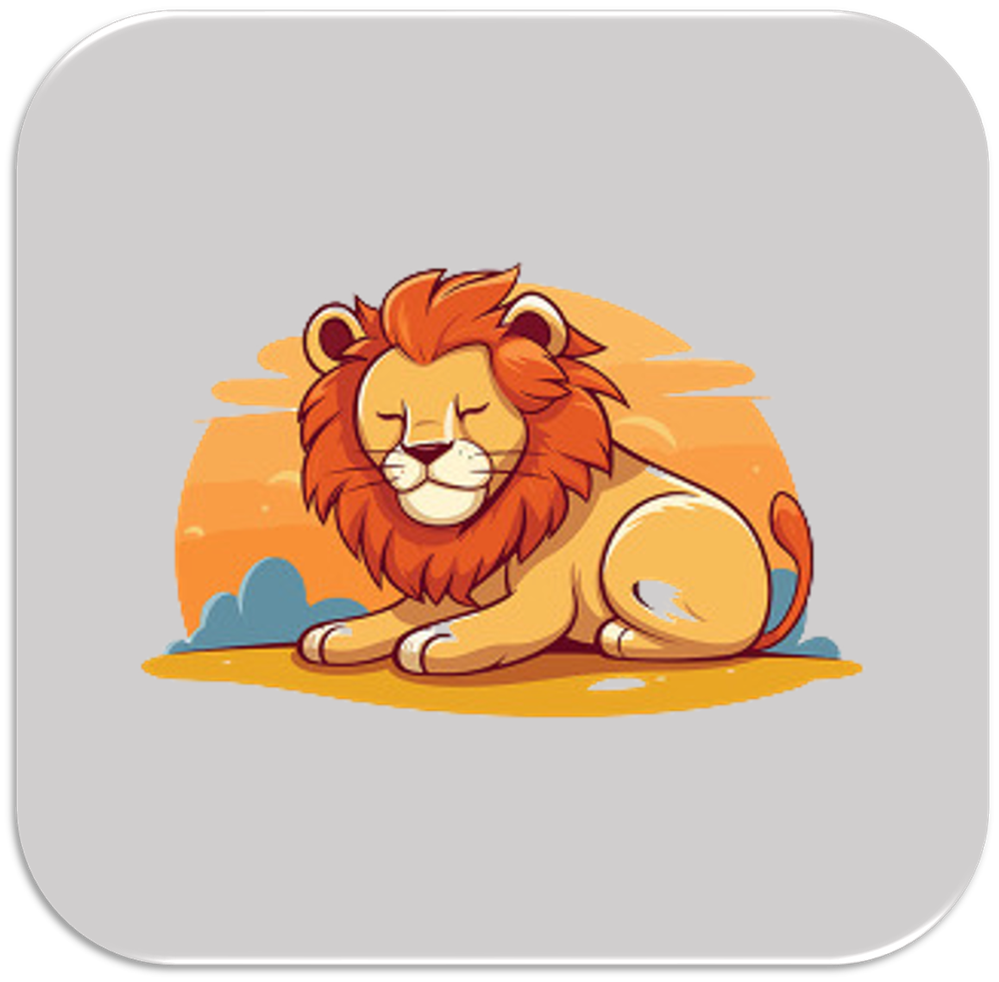
Literature Genre Lab/Animals Stories and Animals
Unit 3 builds on the routines and engagement established in Unit 1 (ARC Literacy Lab) and Unit 2 (Informational Research Lab) while adding a new layer: thematic inquiry into a literary genre. As the class dives into Animal Stories, students will continue to embody an inquiry community as they read, write, question, debate, and create knowledge together. Students will read at least 30-60 minutes a day from self-selected texts, including texts in the genre and general wide reading. They will write and publish a series of short opinion pieces analyzing Animal Stories. Students will improve their constructed response/on-demand writing skills. They will practice applying a set of Focus Grade-Level Standards to reading, writing, speaking, and listening.
-
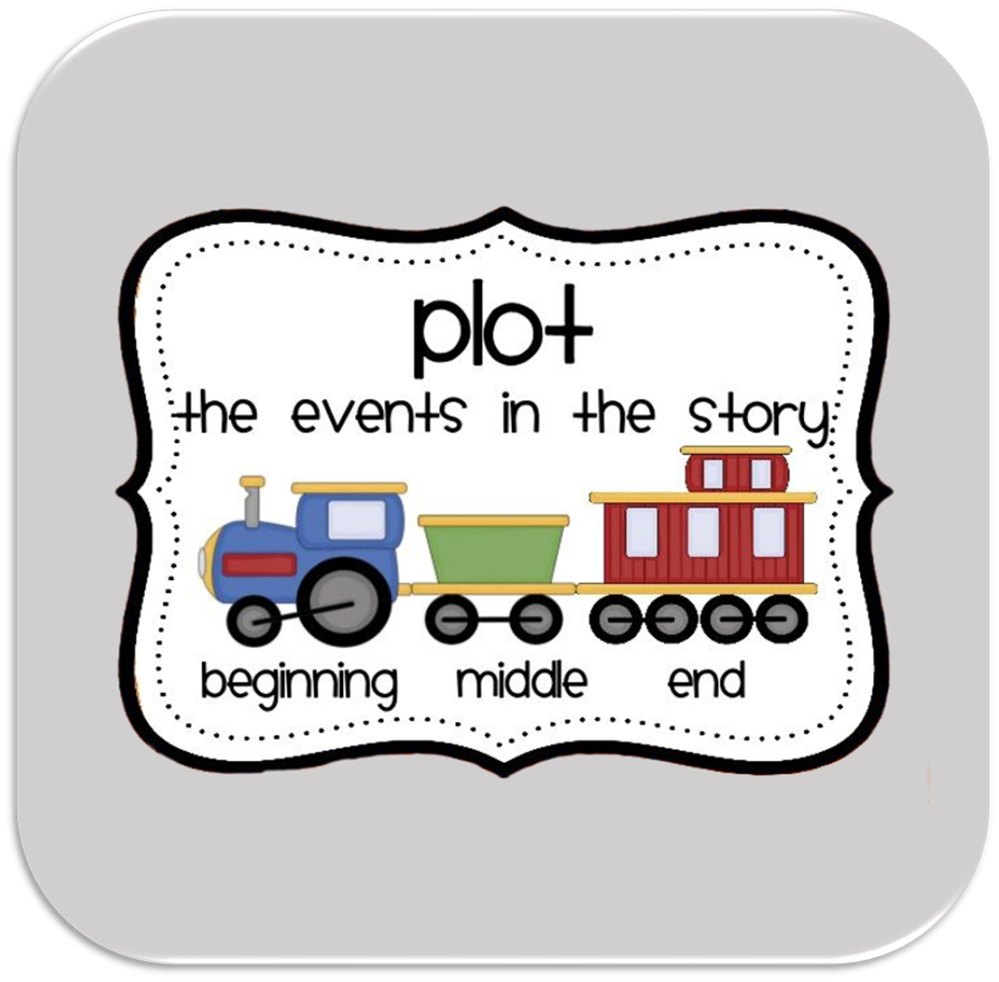
Literature Genre Lab/Jobs in My Community
Students will summarize portions of a text in order to identify a main topic or central idea and key details in a text. They will construct opinion pieces in which they introduce the topic or text they are writing about, state an opinion, supply reasons that support the opinion, using words for emphasis. Students will create organizational writing that provides a beginning, middle and ending, that works cohesively to promote the central theme of a text.
By the end of 2nd Grade, students will...
-
- recall and use facts from literary and informational text to support reflection and inquiry on characters, setting, key details, specified information, and ideas presented in a text (with guidance and support from adults and peers).
- participate in collaborative conversations with diverse partners about topics and texts with peers and adults in small and larger groups.
- participate in shared and independent inquiry and writing projects (e.g., read a number of books on a single topic to produce a report; record science observations).
- demonstrate an understanding of how language functions in different cultures and contexts; apply this knowledge to comprehend more fully when reading and listening, and make effective choices when composing, creating, and speaking.
- determine or the meaning of unknown and multiple-meaning words and phrases in grade-level reading and content; use context clues, analyze meaningful word parts, consult general and specialized reference materials, and apply word solving strategies (for meaning) as appropriate.
- use a variety of digital tools to produce and publish writing, including in collaboration with peers (with guidance and support from adults and peers).
- learn to produce writing through printing (including forming most printed upper and lower case letters), cursive, and/or typing (with guidance and support from adults and peers).
- use adjectives and adverbs to describe (e.g., when other kids are happy, that makes me happy.).

